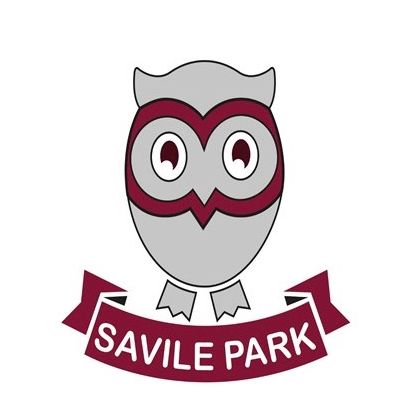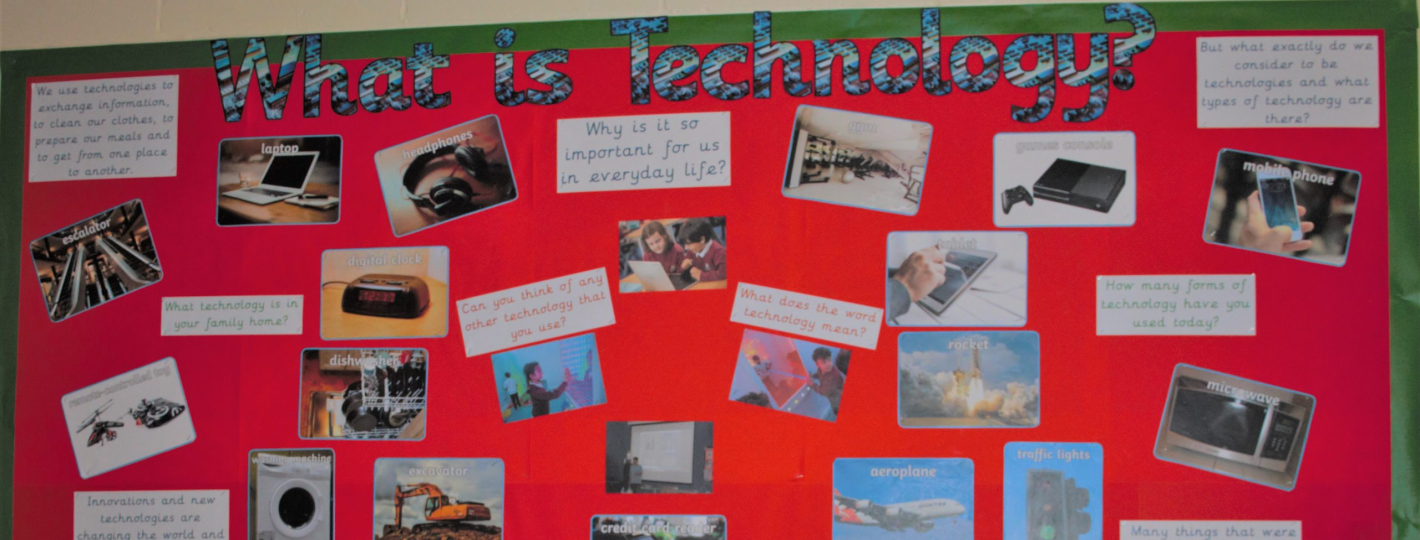Computing
Computing, information technology and digital citizenship
The computer science curriculum has changed in recent years, with an increased focus on the science of computing — on helping our children have a good understanding of how computers work in this highly digital age. Whether a child grows up to be a programmer or not, the skills within computing at Savile Park are useful because many of them centre around problem-solving which can be applied in many other contexts.
By the time the children leave Savile Park, they will have become highly motivated and engaged learners. They will be independent and resourceful in their learning, with twenty first century skills to learn lifelong.
Progression of skills in Computing
Early Years Foundation Stage
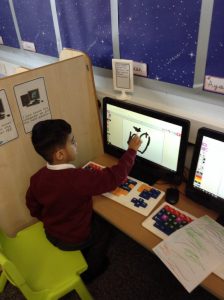
Computing doesn’t stretch to early years (EYFS), but technology is mentioned in the EYFS framework. One of the areas of learning, Understanding the World, sets out that children should have the opportunity to explore, observe and find out about technology.
Key Stage 1 and Key Stage 2
Usefully, the objectives for both Key Stage 1 and 2 fit into three main strands: computer science, information technology and digital literacy.
Computer science: Key stage 1 and 2
Computer science covers topics such as:
- how computer networks work
- algorithms
- sequence
- selection
- variables
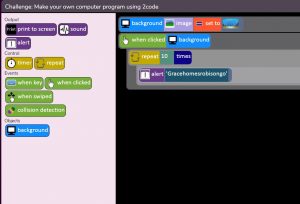
Visual programming languages that involve snapping blocks together, rather than keying in text, like Scratch, are used along with Purple Mash. The school also uses ipad apps, Roamers, Beebots and Nintendo DS’s to teach away from the computer, using techniques such as role play in EYFS.
Computer science: Key Stage 2

In these years, computational thinking is also developed further through concepts such as decomposition, which means breaking down large problems into smaller parts.
Information technology: Key Stage 1 and Key Stage 2
Information technology is very broad as it involves the creation, organisation and manipulation of digital content in both key stages – digital content could be interpreted as many things from audio to images to film and beyond.
Information technology: Key Stage 2
In Key Stage 2, information technology steps up because children are taught how to use search technologies effectively and how to analyse, present and evaluate data.
Digital citizenship: Key stage 1 and Key stage 2
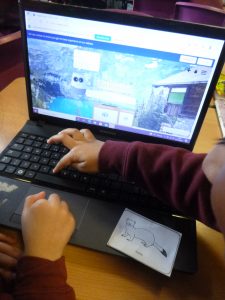
The digital citizenship component of the computing curriculum incorporates a lot of what is referred to as ‘online safety’ – using technology safely, respectfully and responsibly. All children are taught a range of ways to report any concerns they may have.
Digital citizenship: Key stage 2
In addition, pupils in Key Stage 2 must also learn how to evaluate content and consider how reliable the information they find online is.
How can I support my child with computing?
The best way to support your child with any aspect of computing is to enjoy using technology with them and model the safe and responsible use of it. Here are five ideas:
1. Become the student
Let them show you how to use their favourite app or do something that they have learned in school.
2. Help them use technology to support their homework
If they have to practise a maths skill, help them create a how-to video demonstrating the skill. Why not create a short film based on a story they have written? Or perhaps an animation? Find some YouTube videos or play games together that support what they’re learning about in school.
3. Research with them
Research a topic they are learning about or are interested in with them. Decide together how reliable you think each website is — does the information on it appear anywhere else? Who created the website? Discuss the rankings — why does the search engine rank some at the top and some further down?
4. Communicate with family
Keep in touch with family members by composing emails together or using services like Skype to make video calls. Discuss how useful these tools can be when used responsibly.
5. Chat regularly
Ask children how they have been using technology this week, what their favourite app is etc. Make sure they feel they can come to you, should an issue arise for them.
Curriculum Links
